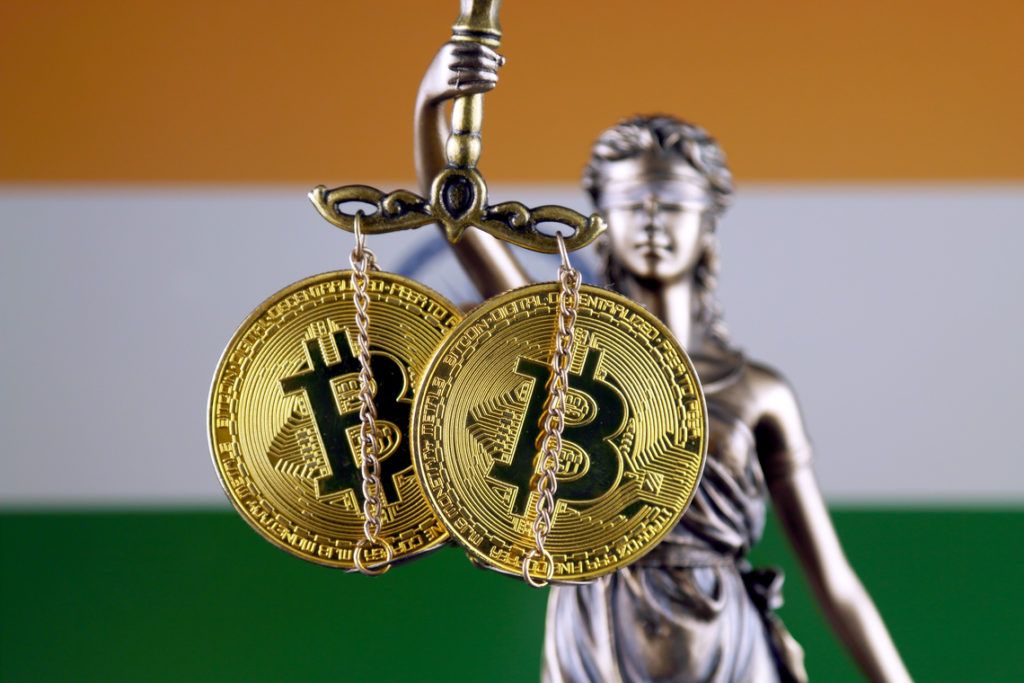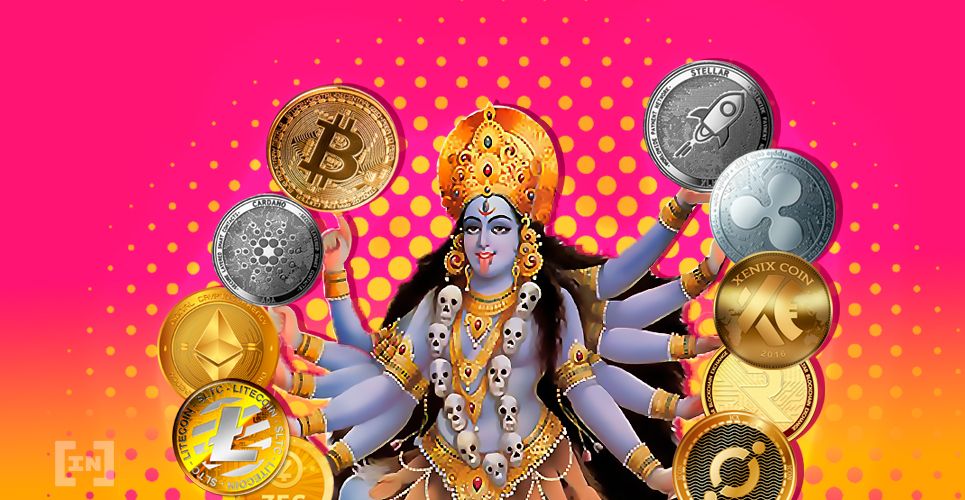After a great deal of debate and confusion, Indian financial officials could have a draft of national regulations concerning cryptocurrency transactions, taxation, and Initial Coin Offerings (ICOs) as soon as next month — which may finally provide clarity regarding cryptocurrency regulation in the country.
Cryptocurrency investors and users in India have been awaiting guidance and clarity regarding holding and transacting cryptocurrencies and digital assets since April when the Reserve Bank of India (RBI) released a circular which prohibited banking institutions from dealing with funds involved in the cryptocurrency trade.
This forced the hand of cryptocurrency exchanges to cease and desist continuing their business in India. Zebpay, previously one of India’s highest volume exchanges, closed up shop last month to move to the blockchain-friendly island of Malta — but are is barred from doing business with citizens of India.
There is currently no statute which outlaws simply owning cryptocurrency, but investors are left on pins and needles hoping that the government does not change its mind on ownership and thus negating their entire investment.
India has publically flexed its muscles in terms of enforcing its regulations forbidding transactions in October when police seized a Bitcoin ATM placed in a Bengaluru mall by Unocoin co-founder Harish BV, who was also taken into custody.
At last, India’s ready to clarify its stance on cryptocurrencies https://t.co/Yr0xy4VvPc
— Quartz India (@qzindia) November 20, 2018
The New Deal
According to a report from Quartz, India’s Finance Ministry commision could be ready to put forth its first draft of digital asset regulations “as early as next month.” The Finance Ministry commission is led by Subhash Chandra Garg, who will be hosting meetings from now through the end of December in order for the panel to deliberate on drafting what will hopefully be common sense and mutually favorable regulations to establish a framework for legal ownership and transactions of virtual currencies. Just like India, most other countries in the developed world are having trouble coming up with clear and concise rules regarding digital assets. [bctt tweet=”The technology is still new and it takes time and experimentation to really understand how blockchain technology and virtual currencies can be used securely and efficiently in everyday life.” username=”beincrypto”]
There are a lot of unknowns, and governments frankly are not quite sold on the idea of a decentralized financial ecosystem and how it could potentially disrupt the traditional banking institutions from which the government directly benefits.
The government has a responsibility to protect its citizens from companies and individuals using cryptocurrency for illicit and fraudulent purposes and, hopefully, will soon have a system in place that favors those who use virtual currencies within the laws that the country puts in place, and also investigates and punishes predatory practices and illegal activities in the space.
Do you believe the Indian government will establish regulations that will be embraced by the people? Do you think their decision could influence regulations in other parts of Asia or the world? Let us know your thoughts in the comments below!
Just like India, most other countries in the developed world are having trouble coming up with clear and concise rules regarding digital assets. [bctt tweet=”The technology is still new and it takes time and experimentation to really understand how blockchain technology and virtual currencies can be used securely and efficiently in everyday life.” username=”beincrypto”]
There are a lot of unknowns, and governments frankly are not quite sold on the idea of a decentralized financial ecosystem and how it could potentially disrupt the traditional banking institutions from which the government directly benefits.
The government has a responsibility to protect its citizens from companies and individuals using cryptocurrency for illicit and fraudulent purposes and, hopefully, will soon have a system in place that favors those who use virtual currencies within the laws that the country puts in place, and also investigates and punishes predatory practices and illegal activities in the space.
Do you believe the Indian government will establish regulations that will be embraced by the people? Do you think their decision could influence regulations in other parts of Asia or the world? Let us know your thoughts in the comments below!
Top crypto platforms in the US
Disclaimer
In adherence to the Trust Project guidelines, BeInCrypto is committed to unbiased, transparent reporting. This news article aims to provide accurate, timely information. However, readers are advised to verify facts independently and consult with a professional before making any decisions based on this content. Please note that our Terms and Conditions, Privacy Policy, and Disclaimers have been updated.

Kyle Baird
Kyle migrated from the East Coast USA to South-East Asia after graduating from Pennsylvania's East Stroudsburg University with a Bachelor of Science degree in 2010. Following in the footsteps of his grandfather, Kyle got his start buying stocks and precious metals in his teens. This sparked his interest in learning and writing about cryptocurrencies. He started as a copywriter for Bitcoinist in 2016 before taking on an editor's role at BeInCrypto at the beginning of 2018.
Kyle migrated from the East Coast USA to South-East Asia after graduating from Pennsylvania's East Stroudsburg University with a Bachelor of Science degree in 2010. Following in the footsteps of his grandfather, Kyle got his start buying stocks and precious metals in his teens. This sparked his interest in learning and writing about cryptocurrencies. He started as a copywriter for Bitcoinist in 2016 before taking on an editor's role at BeInCrypto at the beginning of 2018.
READ FULL BIO
Sponsored
Sponsored
